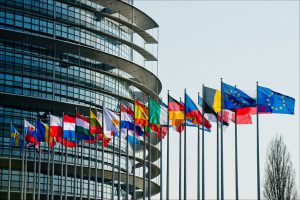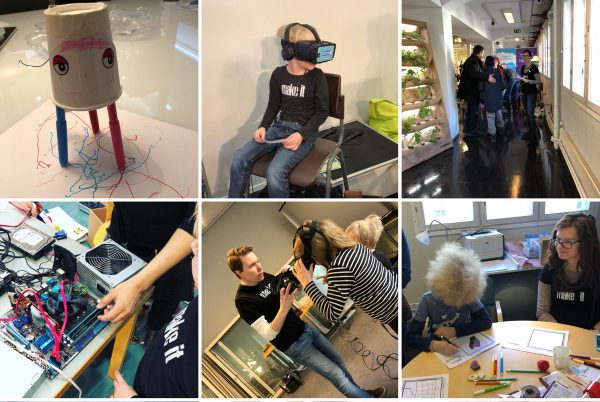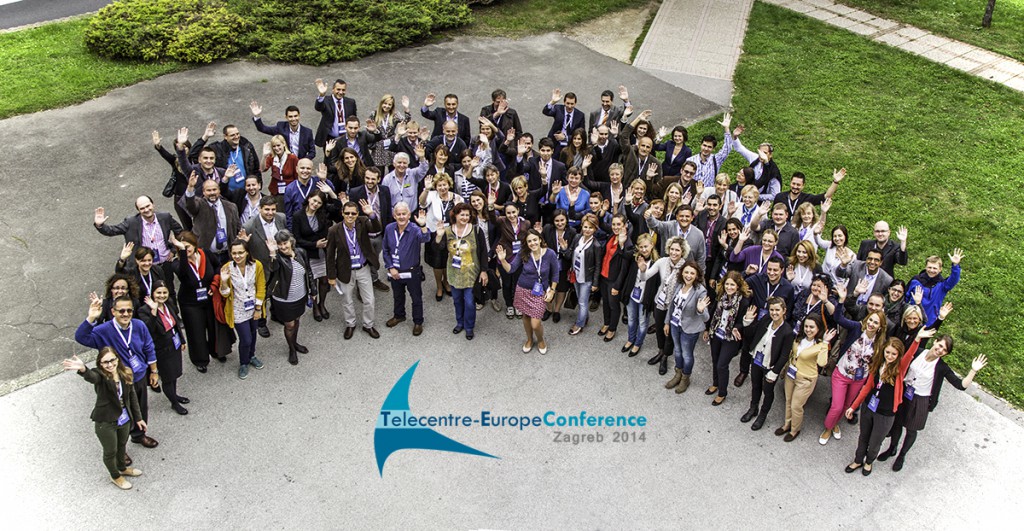07 Oct Telecentre Europe connects with the European Parliament and joins European Internet Forum
07 Oct, 2015
by Ilona Griniute
Telecentre Europe has been focusing efforts to engage with the European Parliament (EP) and its members alongside other activities. We aim to strengthen our position towards the EP and engage with members of the Parliament (MEPs) by advising them on digital literacy issues.
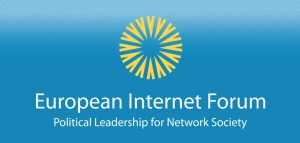 Joining the European Internet Forum is one of our recent achievements. European Internet Forum (EIF) provides a space for various stakeholders to meet with Members of the European Parliament from all political groups in order to shape policy and regulations related to the Internet and new technologies. EIF is a non-profit association established in 2000 by MEPs and is a network open to both business and associate members. Telecentre Europe staff had a chance to attend a couple of EIF events in September.
Joining the European Internet Forum is one of our recent achievements. European Internet Forum (EIF) provides a space for various stakeholders to meet with Members of the European Parliament from all political groups in order to shape policy and regulations related to the Internet and new technologies. EIF is a non-profit association established in 2000 by MEPs and is a network open to both business and associate members. Telecentre Europe staff had a chance to attend a couple of EIF events in September.
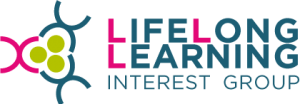 In addition to our attempts to engage with MEPs, we are part of LLL Interest group which is an informal meeting platform between NGOs and MEPs on lifelong learning with emphasis on adult education. It is a join initiative by European Association for the Education of Adults (EAEA) and Lifelong Learning Platform (former European Civil Society Platform on Lifelong Learning) with six MEPs started in April 2015. The focus of 2015–2016 meetings will be “Inclusive education for inclusive societies”. You can find a report about the last meeting of LLL Interest group, also attended by Telecentre Europe staff, here.
In addition to our attempts to engage with MEPs, we are part of LLL Interest group which is an informal meeting platform between NGOs and MEPs on lifelong learning with emphasis on adult education. It is a join initiative by European Association for the Education of Adults (EAEA) and Lifelong Learning Platform (former European Civil Society Platform on Lifelong Learning) with six MEPs started in April 2015. The focus of 2015–2016 meetings will be “Inclusive education for inclusive societies”. You can find a report about the last meeting of LLL Interest group, also attended by Telecentre Europe staff, here.
Finally, on 8th of December we will be organising our first conference in the European Parliament on the topic of e-Participation. The event will be hosted by two MEPs: Dr. György Schöpflin (Hungary) and Ms. Marju Lauristin (Estonia). It is planned to attract a number of stakeholders representing civil society, academia and the European Commission.